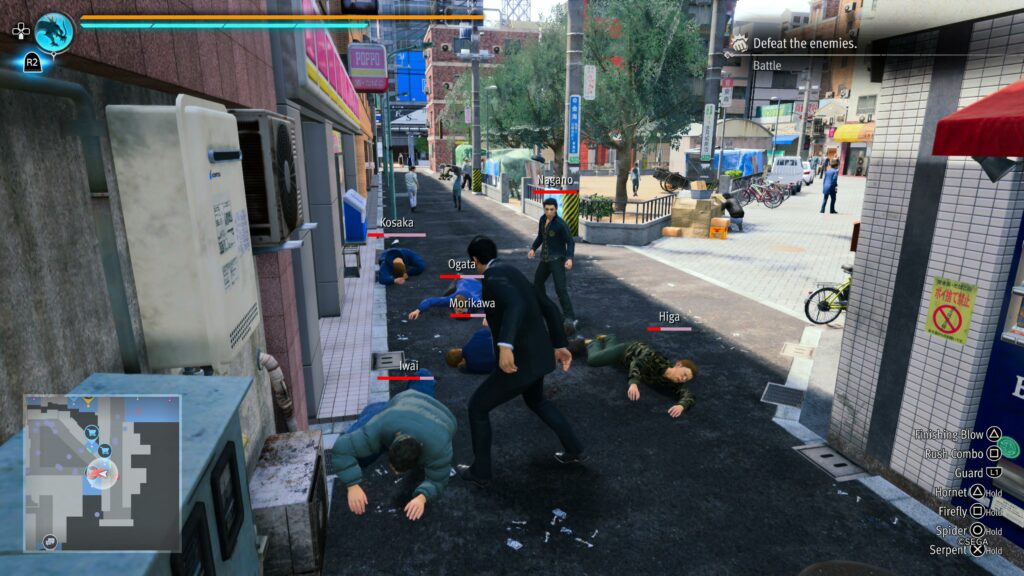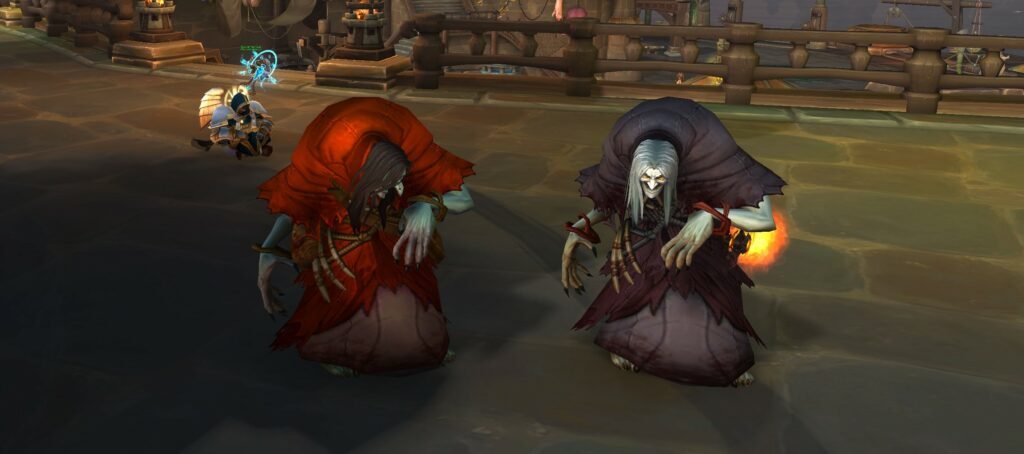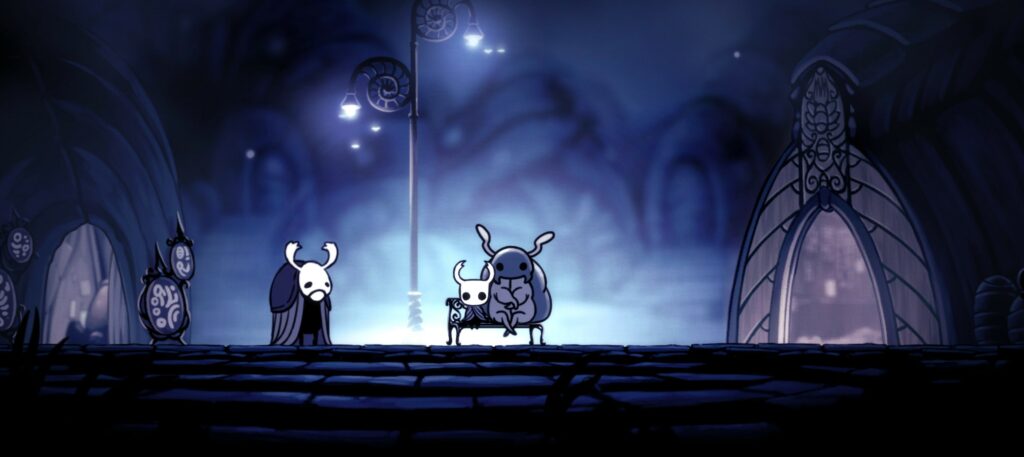Like a Dragon Gaiden: The Man Who Erased His Name serves to fill a gap in Kiryu’s story, takes place after Yakuza 6: The Song of Life’s ending, and concludes near the end of Yakuza: Like a Dragon’s (Yakuza 7) story. While it’s a spin-off title and shorter than mainline Yakuza entries, Gaiden’s five chapters are packed with content and cover lots of ground. In it, players are given an explanation as to Kiryu’s appearance in Yakuza 7.
The game addresses Kiryu’s arrangement with the Daidoji, a secretive organization that operates in the shadows independent of law enforcement or criminal organizations such as the Yakuza. They seem to be most similar to the CIA in that the Daidoji trains agents that specialize in covert operations and at times assist world governments. Aside from that, the purpose of the faction is kept carefully vague, and my guess is that their true purpose and goals will be revealed in the next mainline game, Like a Dragon, Infinite Wealth. In Gaiden, Kiryu is one cog in a machine of unknown size or function. He signed his life away to the Daidoji in exchange for the safety of his family, which is threatened multiple times by the faction over the course of the game. As always, Kiryu’s straightforward way of thinking has gotten him into trouble, as he failed to consider that the Daidoji have more leverage over him than he does over them.

Putting aside Kiryu’s seemingly hopeless situation, the game does an excellent job sprinkling in references from throughout Kiryu’s life. From light-hearted mentions of the Pocket Circuit Fighter to deeper refences to Kiryu’s upbringing at Sunflower Orphanage and his admiration for father figure Kazama, and friendship with Nishiki, Gaiden does a great job at showing how much things have changes over the years for Kiryu. There’s also a substory in which Kiryu meets up with Kaito and Higashi, who happen to be working the same job that Kiryu is looking into for Akame as part of her Akame Network in Sotenbori. Being a huge fan of the Judgement and Lost Judgement spin-off games, I’m glad for any new content in which the game’s main cast makes an appearance. The substory didn’t provide any big hints on what Kaito and Higashi have been up to, but I’m hoping their inclusion in Gaiden points to a third Judgement game.
The Colosseum side story content was excellent, and I enjoyed how progression was tied to the main story at times without being too distracting from the actual story. Yakuza 7 used a similar tactic where the main story at a certain point could only be progressed after the player acquires 3 million Yen, although it was less direct in its encouragement to try the business side story. It did certainly motivate me to play through the business minigame, which was a lot of fun and gave other rewards besides just tons of cash. While Gaiden’s main story explicitly stated I needed to reach a certain rank in the Colosseum, it was no less enjoyable and I spent more time there than was needed.

Overall, Gaiden was another great entry in the Yakuza series and having Kiryu in the protagonist role again, if only for a little while, was fantastic. I’m a fan of the turn-based combat first used in Yakuza 7, but there’s just something satisfying about real-time action combat with its assortment of ridiculous heat actions. The story was both emotional and nostalgic, addressing Kiryu’s past history while leaving his future uncertain. I’m getting a little tired of the constant isolation and sadness concerning Kiryu, and while I have hope for a positive hero’s ending, the story trailer for Like a Dragon: Infinite Wealth seems to have other plans. If Infinite Wealth brings a permanent end for Kiryu and shift Ichiban further into the protagonist spotlight, I hope that it includes some kind of happiness for him. Infinite Wealth is out at the end of January next year, and I can’t wait to see where the Daidoji plotline goes next.


